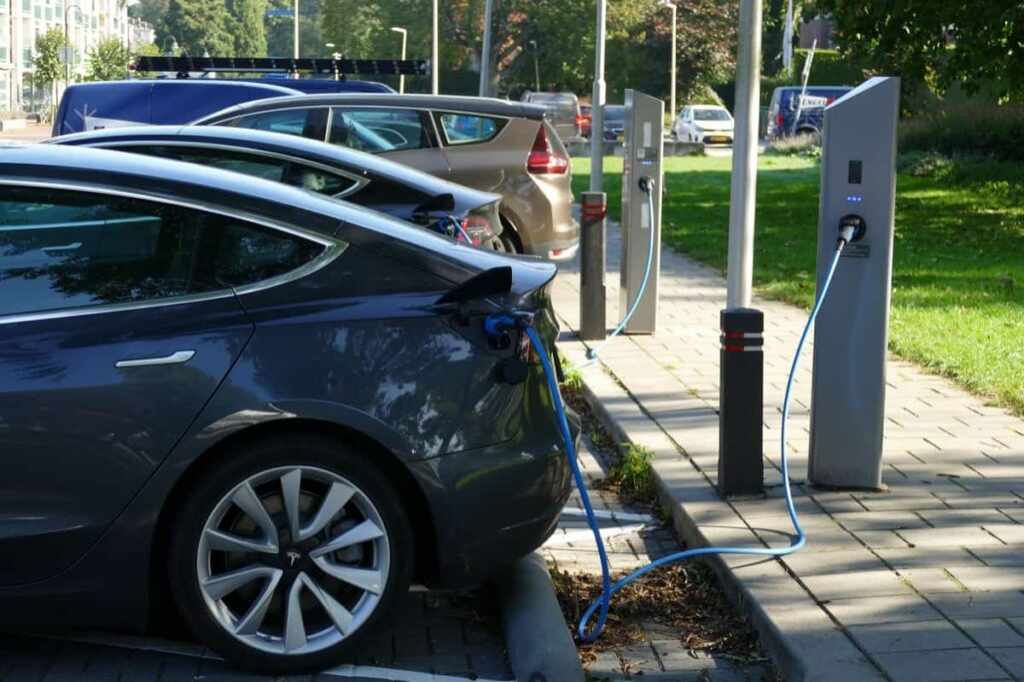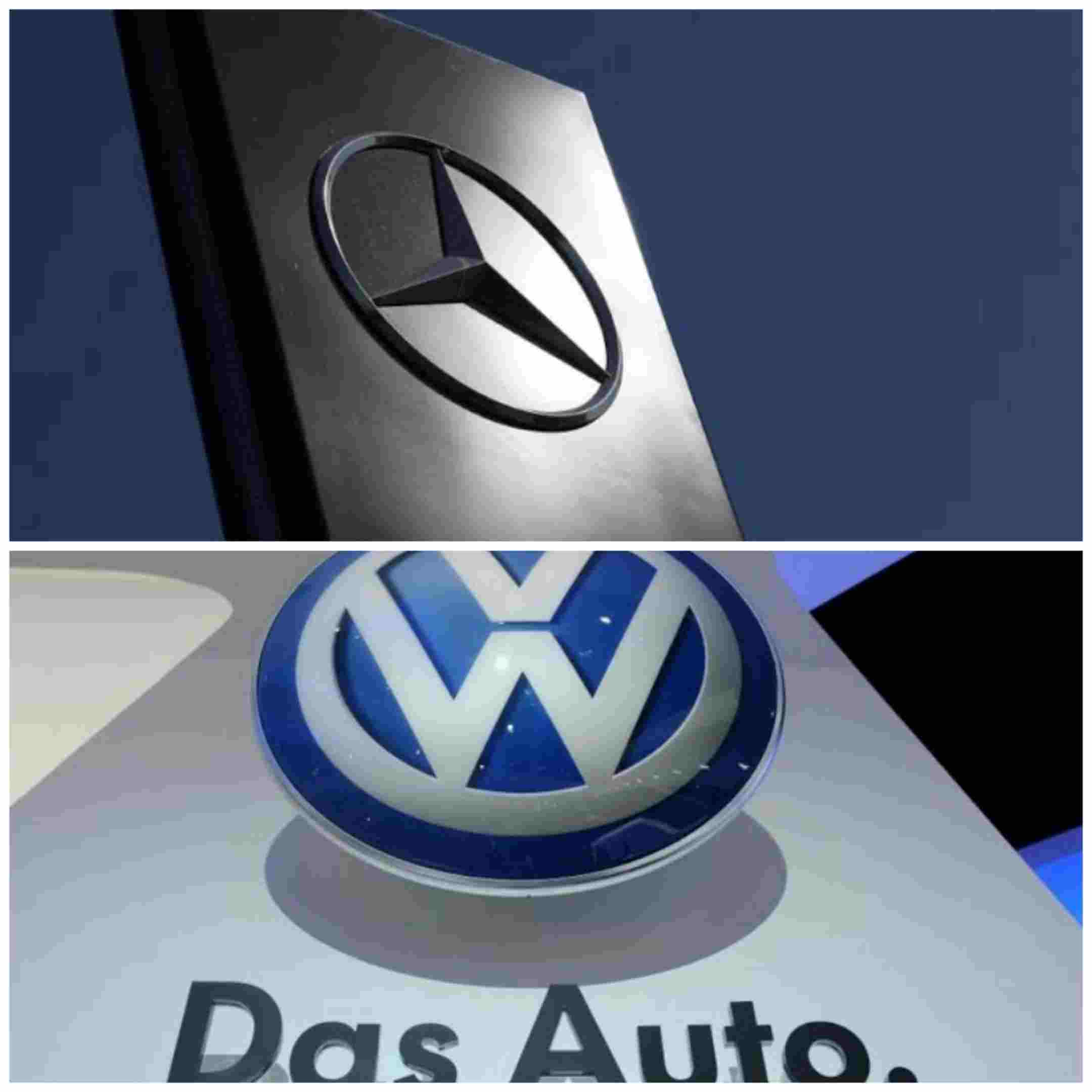Unexpected Findings Emerge During Investigation of Tesla Initially Suspected of Spontaneous Combustion

In recent years, the growing popularity of electric vehicles (EVs) has prompted concerns regarding battery fires, even for prominent manufacturers like Tesla. Videos capturing Tesla cars catching fire have gone viral and made headlines multiple times.
Nonetheless, according to information provided by the National Fire Protection Agency to Vox, incidents of Tesla fires appear to be significantly lower when compared to the overall rate of highway fires. This data implies that electric vehicles are not inherently more prone to catching fire than their traditional gas-powered counterparts.
According to Autoweek, electric vehicles (EVs) experience fewer fire incidents compared to traditional gasoline-powered cars. However, an incident in Spokane, Washington, involving a Tesla owner highlights an important distinction.
In this particular case, a Tesla owner faced an unusual situation when someone intentionally set their vehicle on fire by pouring gasoline on the hood. Fortunately, the Tesla’s dashcam footage provided crucial evidence, demonstrating that the EV’s battery did not spontaneously ignite.
The Tesla owner recalled that local police officers initially mentioned a misconception that EVs have a tendency to spontaneously catch fire, but the dashcam footage revealed the true cause of the incident.
Misconceptions surrounding Tesla fires are not unfounded but rather stem from a lack of understanding of the inherent challenges posed by lithium-ion batteries. One notable difference between electric vehicles (EVs) and their gas-powered counterparts lies in the nature of their fires. While gasoline fires tend to burn out relatively quickly, lithium-ion battery fires can burn intensely and persistently, demanding substantial amounts of water, often in the thousands or even tens of thousands of gallons, for extinguishing, as reported by Vox.
The National Transportation Safety Board highlights the significant risks these fires pose to firefighters, particularly when they are ill-prepared to handle such unique fire scenarios. The exceptional heat and endurance of these fires make them a formidable challenge.
Furthermore, concerns have arisen regarding the assembly quality of some Tesla vehicles, further amplifying fears of potential issues. In one alarming incident, a Tesla owner found themselves trapped inside their burning car when electronic components malfunctioned, locking them in. The urgency of addressing potential safety concerns in vehicle assembly is evident.
In a recent incident involving a deliberately set fire to a Tesla in Spokane, it’s unsurprising that initial police investigations faltered due to misconceptions about EV batteries. Investigators may lack the necessary education and training to effectively handle arson cases involving EVs, often relying on outdated theories that have already been debunked.
These misconceptions underscore the need for better education and preparedness among emergency responders and investigators when it comes to electric vehicles and their unique safety considerations.







